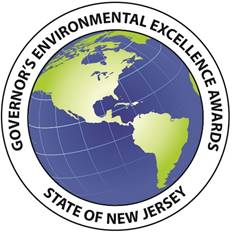Chapter 41:20A
EXHIBIT A: ENVIRONMENTAL REVIEW CHECKLIST
§ 41:20A-1. Environmental Review Checklist.
Cover Sheet:
Name of applicant entity.
Contact information (name, email, phone, address).
Location of Proposed Project (address and block and lot).
Summary description of proposed project (one paragraph only) including proposed dimensions of any buildings and total project cost.
Existing land use at project site and existing land use zoning designation.
Requested variance, if any.
Permits:
List of all permits and approvals needed.
Copy of any permits already obtained from the United States Environmental Protection Agency, the New Jersey Department of Environmental Protection, or evidence of inclusion in the Essex County Solid Waste Management Plan after advice of the Essex County Solid Waste Advisory Council.
Basic Form – For Covered Applicants with a Commercial or Light Manufacturing Use, including those uses within an MX-1 or MX-2 Zone…



 “As we celebrate our fiftieth anniversary and create an ambitious vision for the next 50 years, this is a historic year for environmental protection and this year’s honorees are on the leading edge of this important work,” said New Jersey DEP Commissioner Catherine R. McCabe. “Their vision and innovation set a standard to which we can all aspire, and I look forward to their next milestones in environmental protection.”
“As we celebrate our fiftieth anniversary and create an ambitious vision for the next 50 years, this is a historic year for environmental protection and this year’s honorees are on the leading edge of this important work,” said New Jersey DEP Commissioner Catherine R. McCabe. “Their vision and innovation set a standard to which we can all aspire, and I look forward to their next milestones in environmental protection.”